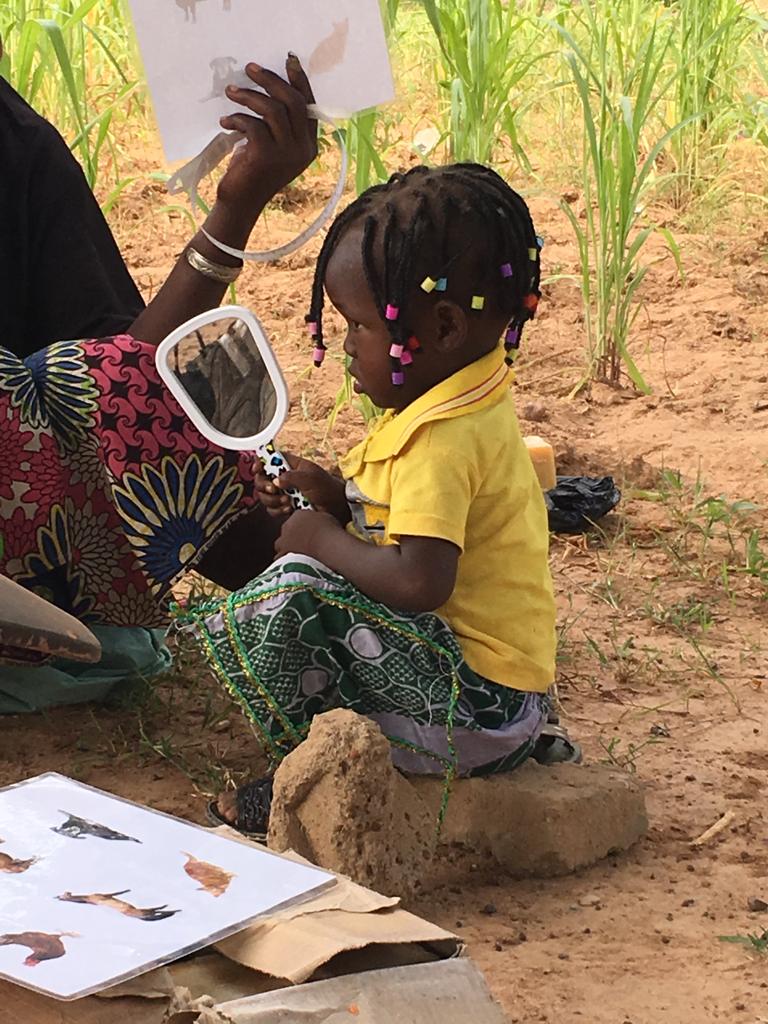Enhancing Egg Consumption Through Women’s Empowerment in Burkina Faso
A project led by Sarah L. McKune
Summary of the Project
The Enhance study, funded between April 2019 and June 2020, allowed the Un Oeuf project to investigate in more depth the role of women’s empowerment in the success of the behavior change intervention. Specifically, a follow-up point of data collection was added to the project to investigate sustainability of the behavior change (July 2019). The Women’s Empowerment in Agriculture Index (WEAI) was added to the household survey at end-line of the Un Oeuf study (April/May 2019) and at follow-up, three months after the end of the project (July 2019). Focus group discussions were held, utilizing a visual participatory methodology known and Community Concept Drawing, to better understand empowerment in the participating communities (May 2019); and a final round of data collection was conducted in September 2019, to assess impact of the intervention on early childhood development, as indicated through Ages and Stages and head circumference of the child.
Summary of Results
The A-WEAI (5 domains of empowerment, 5DE) was implemented at end-line, but no relationship between child egg consumption and sufficiency in the 5DE was found. Who makes decisions (a proxy for women’s empowerment that was assessed at baseline and end-line) about four nutrition related items was evaluated:
(1) what foods are fed to children,
(2) what foods are bought,
(3) how foods are portioned, and
(4) what is done with the household eggs.
Decision-making about how foods are portioned (3 above) and household eggs (4 above) were found to be statistically significantly associated with the 5DE, those women being 6.712 and 2.876 times more likely, respectively, to have an adequate 5DE score compared to women who reported others making those decisions.
Additional results indicate that the training intervention significantly increased women’s decision making about how household eggs were used: women in the partial research arm were 2.2 times more likely, whilst women in the full research arm were 4.0 times more likely to make decisions about how eggs were used compared to women in the control arm. The relationship between this decision making about eggs and child egg consumption was found to be significant. Women who reported having decision-making over what is done with the household eggs at end-line had 4.4 times higher odds of feeding their child chicken eggs than women who reported that someone else makes that decision.
Outputs
Website
Moore,E., 2020. “Improving Nutrition in Children Under Five In Burkina Faso: A One Health Approach”, [Doctoral Thesis], University of Florida.
